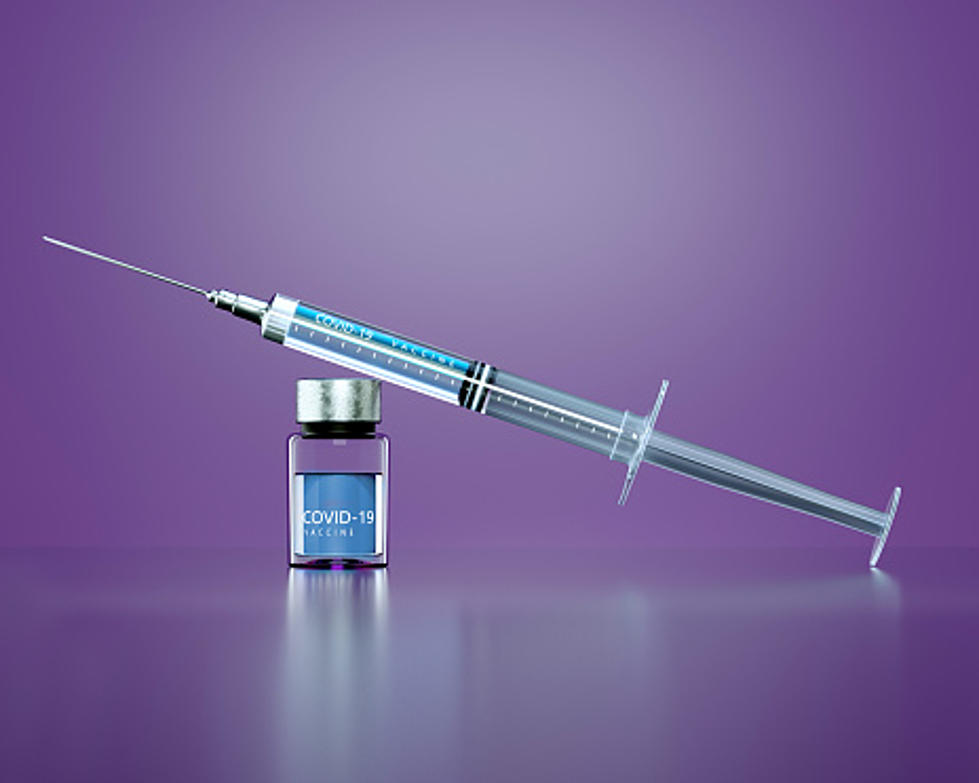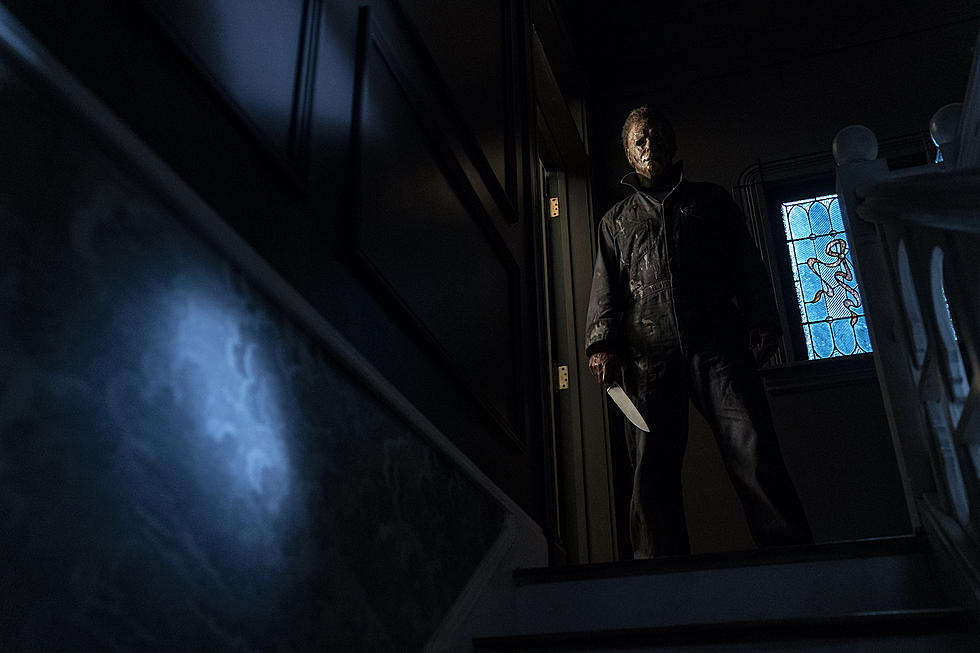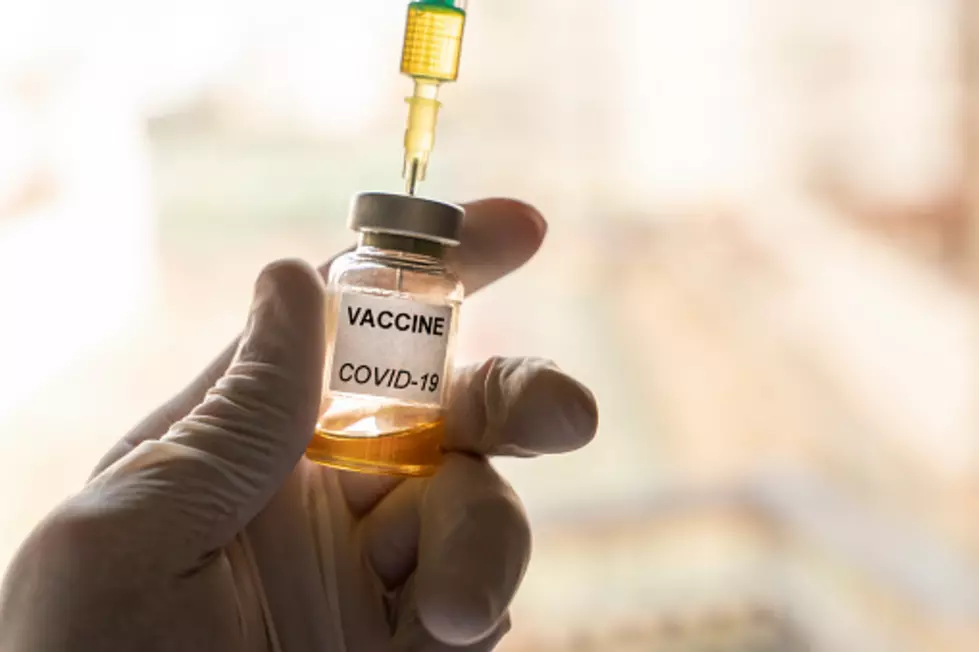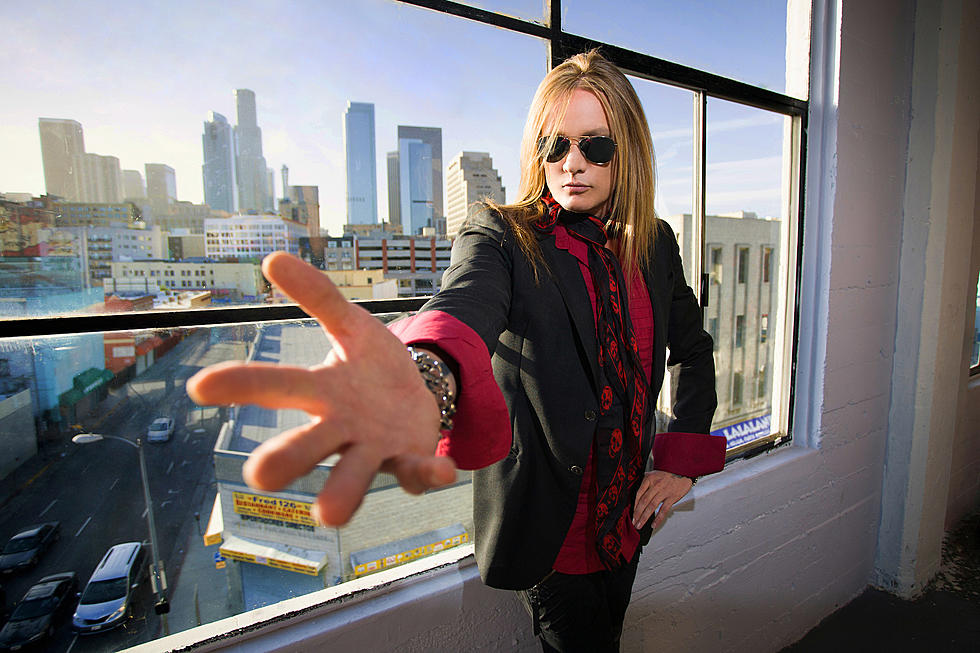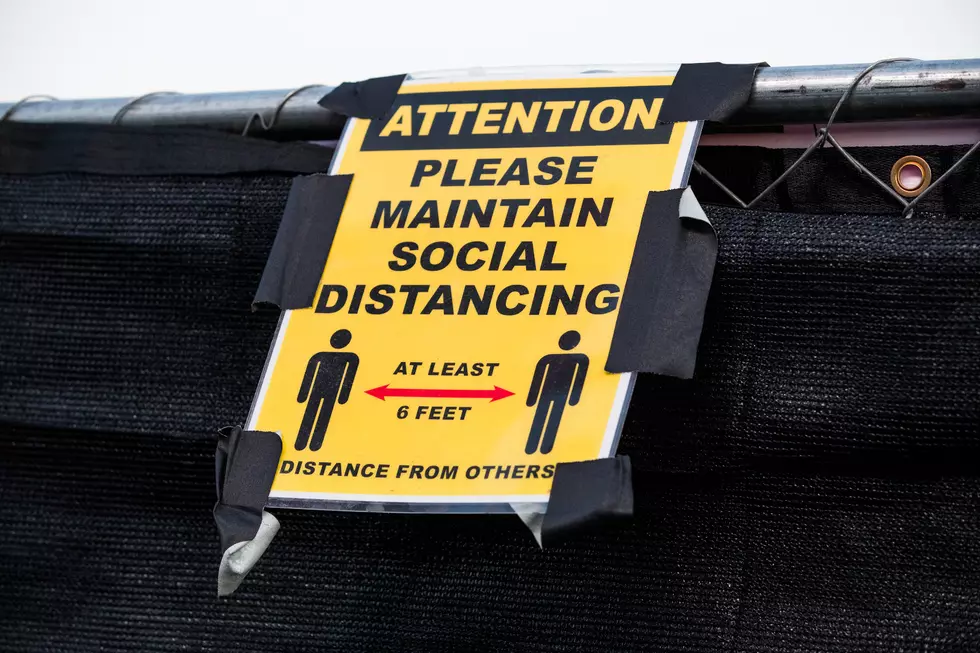
COVID-19’s Effect on the Music Industry, Six Months In
It’s been six months since COVID-19 started bringing the music industry to a screeching halt. Even as the virus continues to alter the day-to-day activities of modern society, artists are adapting to their “new normal” amid the ongoing pandemic.
On Feb. 28, Green Day announced that they were postponing their tour of Asia due to the developing coronavirus outbreak. It was mid-March when major concert promoters - including Live Nation and AEG - began suspending events en masse. Many highly anticipated treks - including those by the Rolling Stones, Kiss, Lynyrd Skynyrd and Ozzy Osbourne - were pushed back. By the end of the month, virtually all of the spring and summer tours had been suspended or canceled.
With the touring industry shut down due to the pandemic, musicians turned to online resources as a means for connecting with fans. Guns N' Roses unveiled a concert-streaming series, while Dave Grohl released a collection of short stories. Other artists noticeably increased their social-media activity, delivering music lessons, performing impromptu covers and even updating fans on the state of their garage.
Fans jonesing for their live music fix were somewhat satiated by the emergence of drive-in concerts. Night Ranger, the Struts and Steel Panther were among the artists to announce drive-in shows, while Metallica scheduled a concert event to be broadcast live to drive-in movie theaters across the country.
The emergence of these alternative styles of concerts was welcomed by struggling music venues, many of which updated their locations to accommodate drive-in performances. Still, the majority of venues lacked the resources needed to host such events, and an alarming amount of facilities have remained on the brink of bankruptcy. A June report indicated that 90 percent of independent music venues in the U.S. could close forever as a result of the pandemic, though the possibility of a government bailout offers a glimmer of hope. Meanwhile, in England a socially distanced concert venue welcomed music fans, utilizing specialized platforms spread throughout an open space to keep attendees safely apart.
Some performances pushed forward in traditional fashion despite warnings regarding social distancing. Great White received backlash after playing a show in North Dakota that skirted COVID-19 precautions such as face masks and social distancing. Meanwhile, neighboring South Dakota hosted the annual Sturgis Motorcycle Rally, featuring performances by more than 30 artists, including Quiet Riot, Molly Hatchet, the Guess Who and 38 Special. Smash Mouth were also on the bill; singer Steve Harwell even declared, “Now, we’re all here together tonight. ... Fuck that COVID shit!” during the band's set.
While most artists put their touring on hold, the coronavirus lockdown gave many bands the chance to work on new material. Sammy Hagar and the Rolling Stones each released COVID-era singles. Metallica are rumored to be working on new material in quarantine, with drummer Lars Ulrich admitting he's "very excited" about the prospect. Journey, Megadeth, Nine Inch Nails, Alice Cooper and Def Leppard are among the other artists using pandemic stay-at-home time to work on new music.
Musicians also continued to find new and distinctive ways to help those whose lives have been devastated by the pandemic. Everything from at-home performances to special merchandise, archival concerts and even charity singles have help raise funds for various coronavirus-related nonprofits.
Even though U.S. festivals have been canceled in 2020, many - including Lollapalooza and Outside Lands - created online streaming events to bring the thrill of major music fests into fans' homes. Meanwhile, after initially pushing the induction ceremony to November, the Rock & Roll Hall of Fame decided to replace their 2020 event with a special on HBO.
And as the discourse surrounding face masks has continued to be a hot-button topic, many rockers have used their celebrity to sound off. Twisted Sister frontman Dee Snider pointedly referred to anti-maskers as “fucking assholes” in a July post to social media, while Fleetwood Mac singer Stevie Nicks struck a less aggressive tone, praising those who wear masks as “spiritual warrior[s].”
Although the immediate future remains murky - with major concerts unlikely in 2020 - there are a few positive signs on the horizon. Efforts to create a COVID-19 vaccine continue to progress, with some predicting an approval by the end of the year. Meanwhile, Live Nation reports that advanced sales for 2021 events have been robust, proving that fans will be ready for live music once again, whenever it's safe to return to concerts.
More From 96.7 The Eagle


